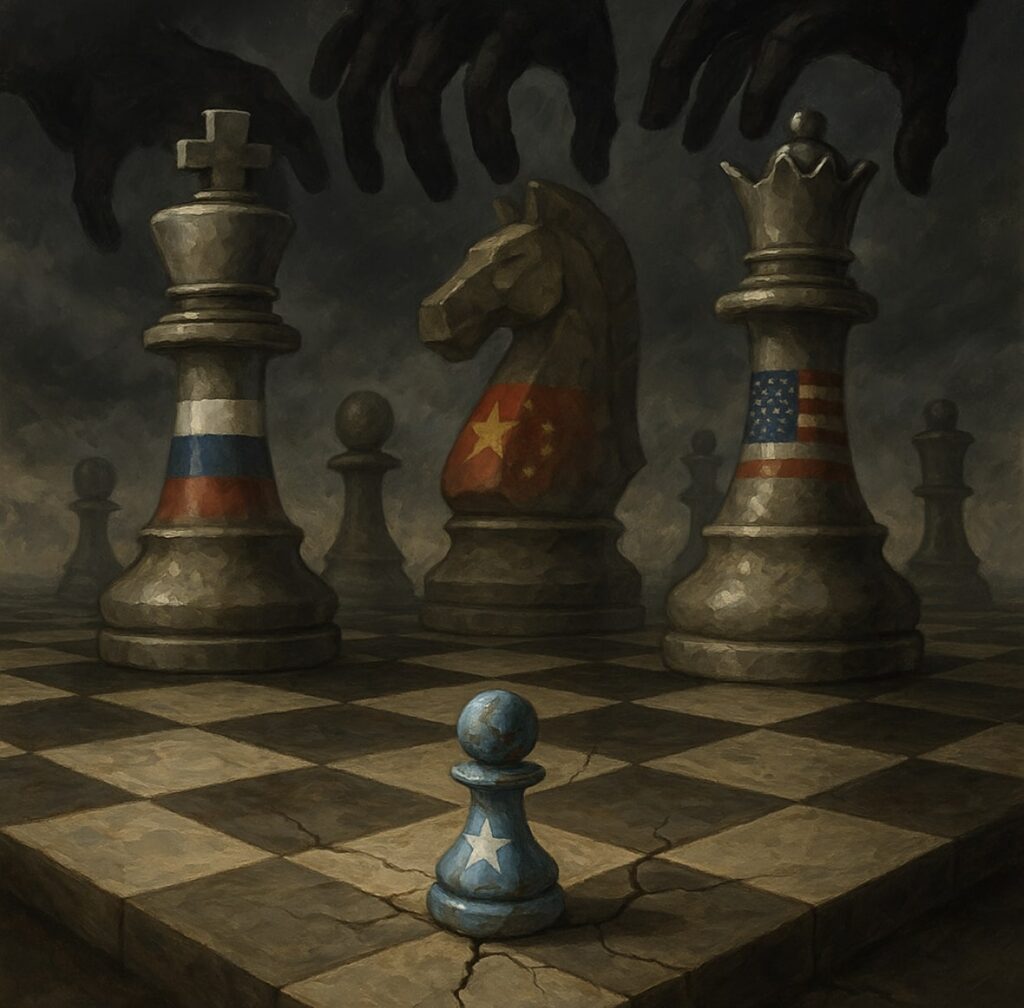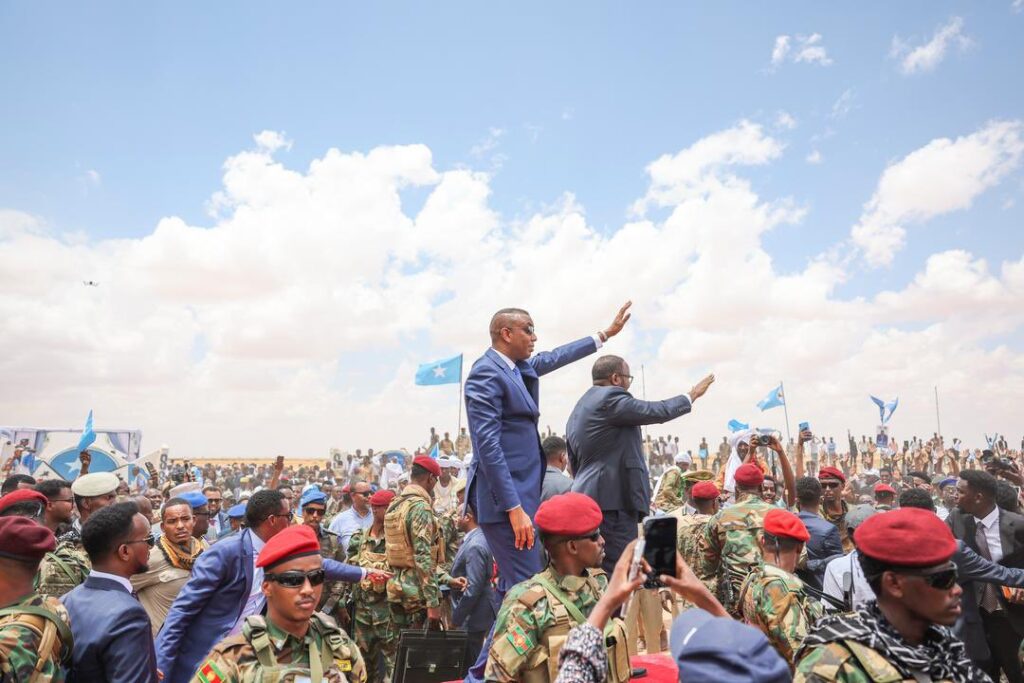Shaping the Destinies of Nations: Leadership, a pivotal force shaping the destinies of nations, does not emerge from the heavens; leaders aren’t prophetic figures sent by a divine force. Instead, the question we often overlook is where leaders truly come from. The answer, quite evidently, lies in the upbringing and teachings received in the formative years. Parents, as the first leaders in a child’s life, strive to instill values of honesty, respect, and kindness, envisioning a future where their offspring become good, decent human beings. However, as these individuals ascend to national leadership, something often goes awry, leading to a stark departure from the principles instilled in their youth. The question then becomes: What happened?
Defining Leadership in Various Spheres: Leadership, omnipresent and dynamic, reveals itself in the intricate roles played within homes, schools, and communities. “A leader is one who knows the way, goes the way, and shows the way,” as articulated by John C. Maxwell. In homes, parents guide and inspire; in schools, principals shape educational landscapes; and in communities, imams provide spiritual direction. However, a societal challenge arises. Our social structures, particularly in regions like Africa, exhibit weaknesses, allowing malpractices such as embezzlement of public funds and power abuse to become normalized. These societal shortcomings contribute to a weakening chain of leadership.
Leadership at the National Level: On the grand stage of national leadership, the impact becomes monumental, influencing the fates of millions. “Good leadership requires you to surround yourself with people of diverse perspectives who can disagree with you without fear of retaliation,” emphasizes historian Doris Kearns Goodwin. National leaders possess unparalleled influence, steering economies, stabilizing nations, and etching their legacies into the annals of history. Their decisions resonate far beyond individual lives, shaping the collective destiny of a nation.
Different Types of National Leadership: National leadership, a kaleidoscope of narratives, unfolds through various archetypes. Some ascend through coercion and authority, echoing Machiavelli’s “The Prince.” Visionary leaders, exemplified by figures like Nelson Mandela, champion transformative ideas and clear visions for societal betterment. Conversely, others succumb to the allure of self-interest, embodying Lord Acton’s caution on power’s corrupting influence. Analyzing the historical context of power-driven leaders, visionaries, and those motivated by money and influence yields nuanced insights into the complexities of governance.
The Impact of Leadership Styles on a Nation: Leadership styles, whether wielded through force, vision, or self-interest, cast indelible imprints on a nation. “The best leaders are those most interested in surrounding themselves with assistants and associates smarter than they are,” notes John C. Maxwell. The choices leaders make reverberate through a nation’s culture, values, and trajectory. Historical examples, ranging from the iron-fisted rule of autocrats to the transformative leadership of visionaries, underscore the profound impact of leadership choices on a nation.
Conclusion: The Call for Informed Leadership Choices: In the intricate dance of leadership from home to nation, a critical reflection emerges. “The function of leadership is to produce more leaders, not more followers,” articulates Ralph Nader. As we navigate the complexities of governance, historical wisdom urges us to be discerning participants in the democratic process. Let us champion leaders who prioritize the collective good, drawing insights from the pages of history as we contribute to the ongoing narrative of our shared destiny. The chain of leadership, if strengthened from its roots, holds the promise of a more resilient and enlightened future.





